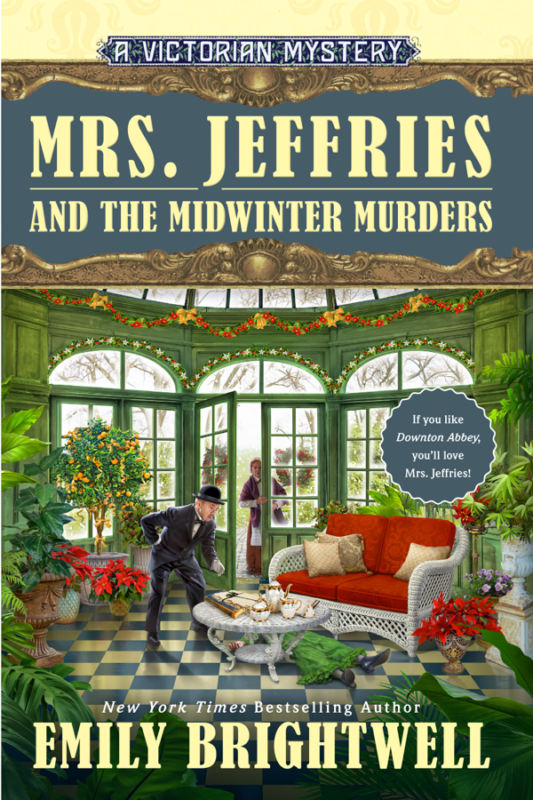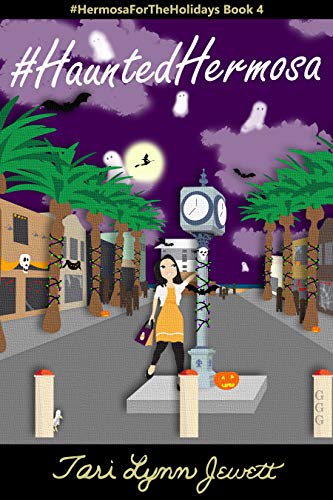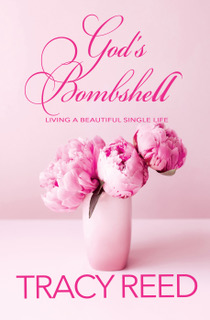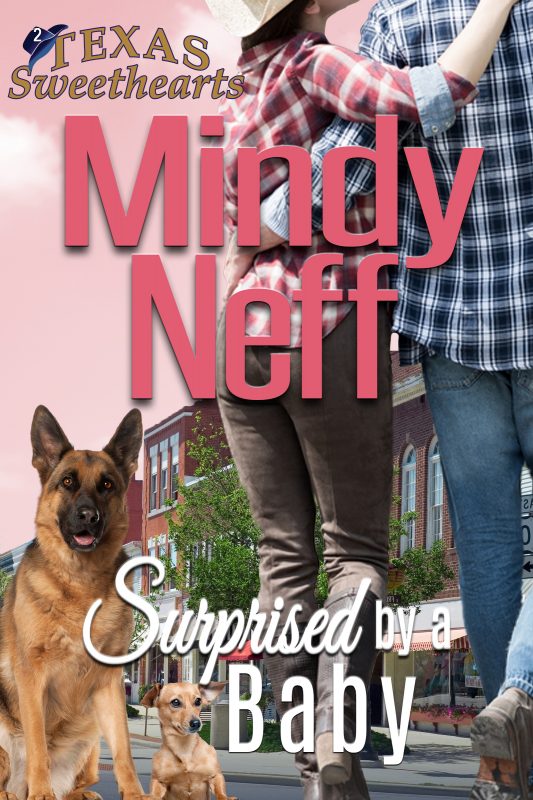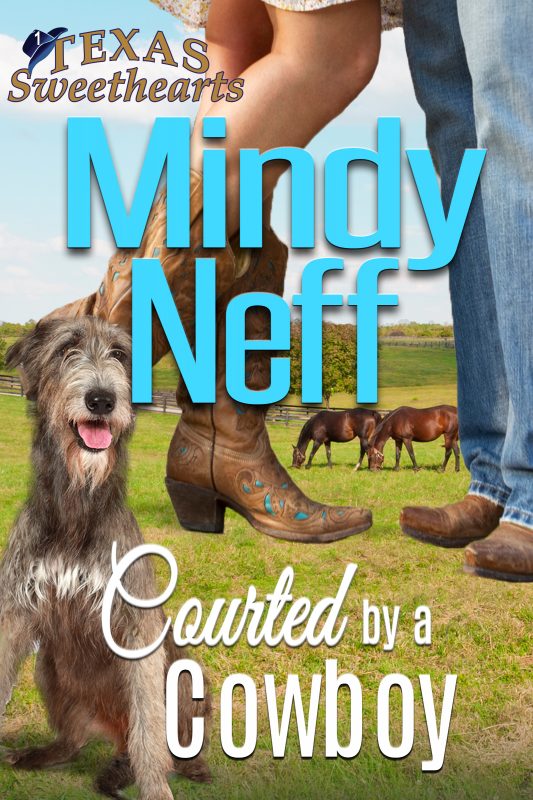Encouragement, Tips, and Interesting Interviews
May 9, 2018 by Kitty Bucholtz in category It's Worth It by Kitty Bucholtz, Writing tagged as Chris Fox, Debra Holland, Jacqueline Diamond, James Scott Bell, Kitty Bucholtz, Laura Drake, Lauraine Snelling, Lisa Cron, podcasts, video podcasts, Write Now Workshop, WRITE NOW! I’ve always loved encouraging others, especially writers. I love to teach what I know in order to help people get a little further along a path I’ve walked. And I love asking other people about what they do and how they do it – especially writers!
I’ve always loved encouraging others, especially writers. I love to teach what I know in order to help people get a little further along a path I’ve walked. And I love asking other people about what they do and how they do it – especially writers!
So when I decided to finally make time to create a podcast, something I’ve wanted to do for a few years, I didn’t want to focus on only one of the areas above. In December, 2017, WRITE NOW! Workshop Podcast (named after my classes of the same name) launched with three episodes a week.
On Sundays, I produce a short Encouraging Words episode whose aim is to help writers feel like they’re not alone, and give them some of my trademark sunny encouragement. 😀
Every Tuesday, I teach some writing tip or trick or talk about a writing device that the listener can put into practice right away in their writing.
And each Thursday, I interview someone in the writing industry (or tangentially related) about what they’re doing. I try to make sure there is always some take-away value for the listeners, but I also try to be sure the interview is interesting and fun!
If you want to start listening from the beginning, or jump in at any episode you choose, you can search for WRITE NOW! Workshop Podcast on your favorite podcast app. (There’s probably one on your smart phone.) Either listen to just an episode or two, or hit the Subscribe button so that new episodes automatically download. You can also listen on my website, and most of the episodes are also on video that you can watch on YouTube here.
Episode 000 is a short introduction that tells you what to expect, then all the rest of the episodes have either a “T” or an “I” or an “E” after the number. T means it’s a teaching episode, I is for the Interviews, and E designates the Encouraging Words episodes. See how it forms T-I-E, TIE? I want to help you tie all the parts of your writing life together. Learn what you can do to improve your writing, learn from what others are doing, and get lifted up with some encouragement to keep going! 😀
This month’s interview guests include Bonnie DePue, an occupational therapist suggesting some good stretches and exercises for writers (and others who sit and type all day); Lee Batchler and Janet Scott Batchler, screenwriters sharing tips on screenwriting, story, and collaboration (airs tomorrow, May 10, 2018); Laura Drake, a women’s fiction author who will share her tips on how to make The First Five Pages sing (airs May 17); and Chris Fox, author of the new book, Plot Gardening (airs May 24).
Past guests include Jacqueline Diamond, Lauraine Snelling, James Scott Bell, Debra Holland, Lisa Cron, and so many more! I hope you find some interesting, helpful, and encouraging tips that help you take your writing life to the next level! 😀
0 0 Read moreTime Is Running Out
April 25, 2018 by A Slice of Orange in category Writing tagged as Bethlehem Writers Group, Bethlehem Writers Roundtable, short story contest, Writing contest
STUMPED
April 15, 2018 by Rebecca Forster in category Writing tagged as Craft, fun, help, mystery, psychology, thriller, writing The other day I came home to find the men I hired to build my patio sitting in my backyard looking at a stump. This was not a normal stump. This was a giant. Paul Bunyan, Big John kind of stump. I sat down with them and I, too, considered the stump.
The other day I came home to find the men I hired to build my patio sitting in my backyard looking at a stump. This was not a normal stump. This was a giant. Paul Bunyan, Big John kind of stump. I sat down with them and I, too, considered the stump.
“George had to get his chain saw for that sucker,” one of them finally said.
“Took two hours to get it out,” another offered.
“I think it broke George’s saw,” the first chimed in.
“Why didn’t you leave it in the ground,” I asked. “You know, pour the cement around it?”
“We thought about it,” the third said. “It wouldn’t have been right.”
They told me that they had managed to cut it up into the piece we were looking at but that it had been twice as big and buried deep in the ground; a remnant of a primordial tree. Their task had been Herculean. They told me that if they poured the cement over the stump, the darn thing could rot and my steps would fall in, and I would be upset with them because they had poured cement over a stump the size of San Francisco.
“It looks petrified,” I said. “How many years do you think it would take to rot?”
The first guy shrugged, “Twenty. Thirty years.”
I shrugged back. I would probably be dead by the time the stump rotted and my stairs fell in. I guess it was the principal of the thing. They would have known the stump was there.
We sat in the hot sun a while longer. Someone suggested carving the stump into the likeness of the contractor. I liked that idea but no one knew how to carve. I thought we could make it into a table. Eventually, we all stopped looking at the stump. The men moved it out of the way and started work again; I went inside to make dinner.
That stump has now been in my backyard for months. I can’t bring myself to get rid of it. But, like all things that are hard to get rid of, it eventually served a purpose. It taught me a few lessons:
1) Everybody has a stump. It might be in your real backyard, your professional backyard or your personal backyard, but it is undoubtedly there.
2) What you do with your stump will tell you a lot about yourself. Either you will dig it up and deal with it, or you will leave it to rot.
3) If you’re stumped and need help there is always someone willing to work hard with you to take care of it as long as you work as hard as they do.
4) You can never go through a stump but don’t panic. You can go around them, over them and sometimes even under them but that takes the longest.
5) Sometimes stumps are not as big as they look and sometimes they are bigger. Size doesn’t matter. Stumped is stumped.
 SECRET RELATIONS, book #3 of the Finn O’Brien Thriller series is available now.
SECRET RELATIONS, book #3 of the Finn O’Brien Thriller series is available now.
Reach me now!
Follow me on:
3 0 Read moreA Writer by Any Other Name…
April 10, 2018 by Tari Jewett in category Charmed Writer by Tari Lynn Jewett, Writing tagged as confidence, Writer, writing What makes you a writer? Is it the act of picking up a notebook or sitting at the computer and filling a blank page? The desire to put the fantasies in your head on paper? Does it happen when other people read your work? Or when you see your work in print? How about when you’re paid for your writing? Is it a writing degree? What makes you a writer? And are you a writer even if you feel like everything you write…well, it sucks?
What makes you a writer? Is it the act of picking up a notebook or sitting at the computer and filling a blank page? The desire to put the fantasies in your head on paper? Does it happen when other people read your work? Or when you see your work in print? How about when you’re paid for your writing? Is it a writing degree? What makes you a writer? And are you a writer even if you feel like everything you write…well, it sucks?
I’m pretty sure I’ll never feel like I’m A Writer. I mean who the heck am I to call myself writer? I’m certainly no Anne Rice, or Danielle Steele, but I know that nothing can keep me from writing. I eventually turned nearly every ‘real’ job I had into a writing job.
I was hired as a secretary for the marketing director of a luxury automobile accessory catalog company. Catalog copy crossed my desk every day, eventually I started writing my own copy and putting it on her desk, and before long, I was writing most of the new product copy that was written in house.
Later I worked for a high end furniture store in customer service and began an employee newsletter. Then I worked in human resources for a medical staffing company and wrote an employee handbook, a newsletter and a television infomercial. I worked as a receptionist at an advertising agency where I slowly started writing television commercials instead of answering phones.
And eventually I freelanced for magazines and wrote regular columns in four different publications.
My first fiction released in February! Such an amazing feeling, but I still can’t say that I feel like a Real Writer.
So what does it take? What makes you a Writer? Does it even matter? At this point I’m pretty sure that no matter what else I do in my life, I’ll always write. Maybe when I see my book on the shelves at Barnes and Noble I’ll know I’m a writer, or if I’m lucky enough to make a best sellers list. In the meantime, I’ll just keep writing.
Tari
5 1 Read more
Fun writing tool
April 4, 2018 by H. O. Charles in category WritingWhoops, I’m a bit late with my monthly update. Soz!
Here’s a fun thing I found on the internet this week: I Write Like
I Write Like uses a Bayesian statistics algorithm to match up your writing style with that of a famous (and prolific) author. Its accuracy has been called into question by some high-profile authors over the years – authors who have found their own work likened to Dan Brown, for example – so I offer no guarantees against the result. However, it is an enjoyable time-waster, and the procrastinator in me is always on the lookout for those. Feel free to share your likenesses below…
I got Anne Rice for one of my excerpts, and Agatha Christie for another.
5 0 Read more
Affiliate Links
A Slice of Orange is an affiliate with some of the booksellers listed on this website, including Barnes & Nobel, Books A Million, iBooks, Kobo, and Smashwords. This means A Slice of Orange may earn a small advertising fee from sales made through the links used on this website. There are reminders of these affiliate links on the pages for individual books.
Search A Slice of Orange
Find a Column
Archives
Featured Books
MRS. JEFFRIES AND THE MIDWINTER MURDERS
Mrs. Jeffries and Inspector Witherspoon should be checking off their Christmas present list but instead they're listing murder suspects . . .
More info →GOD’S BOMBSHELL: LIVING A BEAUTIFUL SINGLE LIFE
If you're looking for tips on how to find a nice Christian husband, don't read this book.
More info →Newsletter
Contributing Authors
Search A Slice of Orange
Find a Column
Archives
Authors in the Bookstore
- A. E. Decker
- A. J. Scudiere
- A.J. Sidransky
- A.M. Roark
- Abby Collette
- Alanna Lucus
- Albert Marrin
- Alice Duncan
- Alina K. Field
- Alison Green Myers
- Andi Lawrencovna
- Andrew C Raiford
- Angela Pryce
- Aviva Vaughn
- Barbara Ankrum
- Bethlehem Writers Group, LLC
- Carol L. Wright
- Celeste Barclay
- Christina Alexandra
- Christopher D. Ochs
- Claire Davon
- Claire Naden
- Courtnee Turner Hoyle
- Courtney Annicchiarico
- D. Lieber
- Daniel V. Meier Jr.
- Debra Dixon
- Debra H. Goldstein
- Debra Holland
- Dee Ann Palmer
- Denise M. Colby
- Diane Benefiel
- Diane Sismour
- Dianna Sinovic
- DT Krippene
- E.B. Dawson
- Emilie Dallaire
- Emily Brightwell
- Emily PW Murphy
- Fae Rowen
- Faith L. Justice
- Frances Amati
- Geralyn Corcillo
- Glynnis Campbell
- Greg Jolley
- H. O. Charles
- Jaclyn Roché
- Jacqueline Diamond
- Janet Lynn and Will Zeilinger
- Jaya Mehta
- Jeannine Atkins
- Jeff Baird
- Jenna Barwin
- Jenne Kern
- Jennifer D. Bokal
- Jennifer Lyon
- Jerome W. McFadden
- Jill Piscitello
- Jina Bacarr
- Jo A. Hiestand
- Jodi Bogert
- Jolina Petersheim
- Jonathan Maberry
- Joy Allyson
- Judy Duarte
- Justin Murphy
- Justine Davis
- Kat Martin
- Kidd Wadsworth
- Kitty Bucholtz
- Kristy Tate
- Larry Deibert
- Larry Hamilton
- Laura Drake
- Laurie Stevens
- Leslie Knowles
- Li-Ying Lundquist
- Linda Carroll-Bradd
- Linda Lappin
- Linda McLaughlin
- Linda O. Johnston
- Lisa Preston
- Lolo Paige
- Loran Holt
- Lynette M. Burrows
- Lyssa Kay Adams
- Madeline Ash
- Margarita Engle
- Marguerite Quantaine
- Marianne H. Donley
- Mary Castillo
- Maureen Klovers
- Megan Haskell
- Melanie Waterbury
- Melisa Rivero
- Melissa Chambers
- Melodie Winawer
- Meriam Wilhelm
- Mikel J. Wilson
- Mindy Neff
- Monica McCabe
- Nancy Brashear
- Neetu Malik
- Nikki Prince
- Once Upon Anthologies
- Paula Gail Benson
- Penny Reid
- Peter J Barbour
- Priscilla Oliveras
- R. H. Kohno
- Rachel Hailey
- Ralph Hieb
- Ramcy Diek
- Ransom Stephens
- Rebecca Forster
- Renae Wrich
- Roxy Matthews
- Ryder Hunte Clancy
- Sally Paradysz
- Sheila Colón-Bagley
- Simone de Muñoz
- Sophie Barnes
- Susan Kaye Quinn
- Susan Lynn Meyer
- Susan Squires
- T. D. Fox
- Tara C. Allred
- Tara Lain
- Tari Lynn Jewett
- Terri Osburn
- Tracy Reed
- Vera Jane Cook
- Vicki Crum
- Writing Something Romantic
Affiliate Links
A Slice of Orange is an affiliate with some of the booksellers listed on this website, including Barnes & Nobel, Books A Million, iBooks, Kobo, and Smashwords. This means A Slice of Orange may earn a small advertising fee from sales made through the links used on this website. There are reminders of these affiliate links on the pages for individual books.











